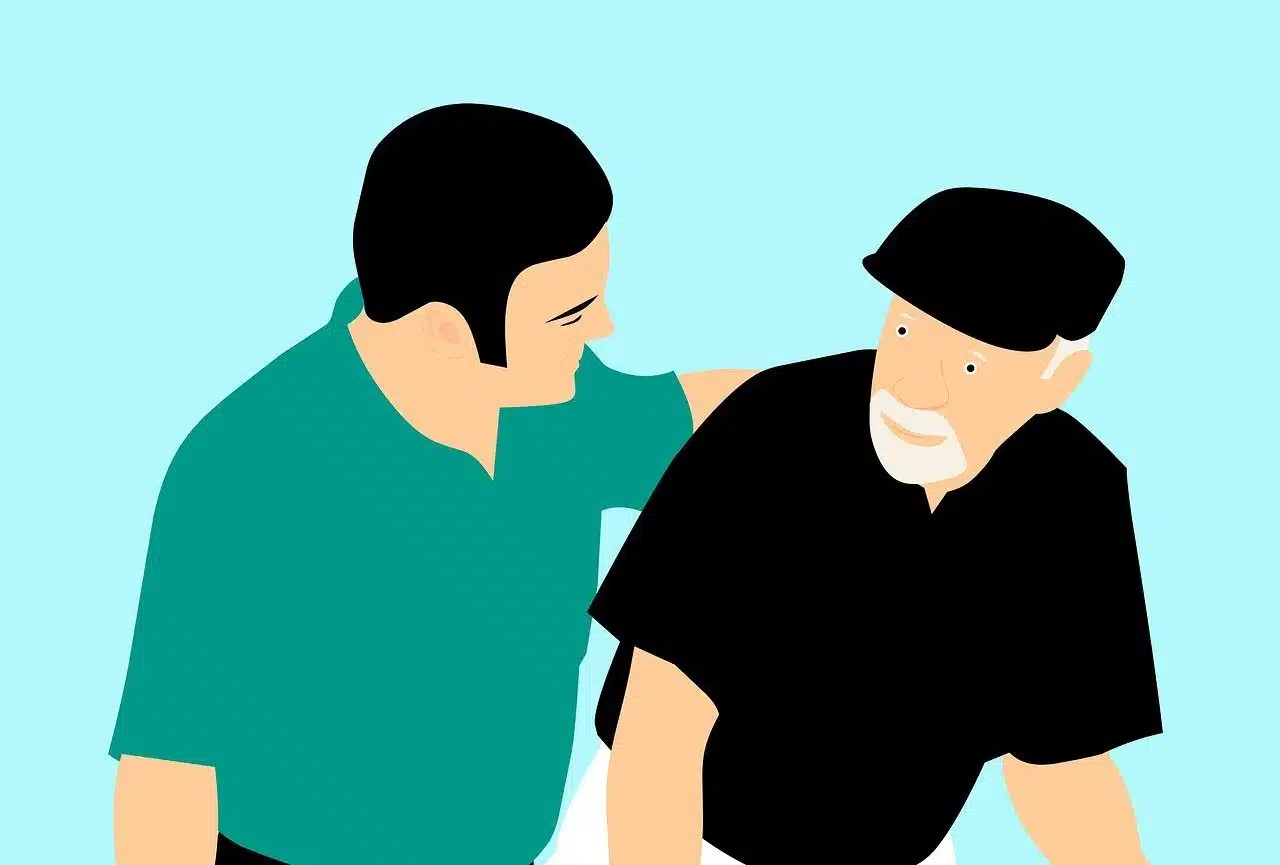
It is common for patience to be considered a virtue.
Patience is the ability of a subject to tolerate, go through or endure a certain situation without experiencing nervousness or losing calm. In this way, it can be said that an individual with patience - a term with etymological origin in the Latin word patientia - is one who does not usually get upset in the face of adversity , maintaining composure.
When a person or situation wears out someone's patience, it causes the subject to reach a state of exhaustion, get tired and no longer tolerate that reality. The consequences can be very varied, ranging from outbreaks of violence to mere withdrawal or giving in to the exhaustion experienced.
Patience as calm
Patience also represents the ability to learn to wait for someone or something without getting upset during the wait ( "I was very patient, I decided to stay in the company and, finally, they promoted me" ); the ability to carry out different plans or tasks without allowing anxiety to ruin the goal ( "With patience, I was able to complete the 2,000-piece puzzle" ); or the slowness with which an activity that requires precision and thoroughness is developed ( “The secret to decorating a cake is to do each step with patience” ).
Patience, in short, is closely related to self-control , calm and peace . A patient person, according to theoretical definitions, is one who knows how to wait and achieves an acceptance of things calmly. The opposite is an impatient subject, who is anxious and wants everything immediately.
Self-confidence, determination, perseverance, tenacity, persistence and willpower are characteristics that the patient subject usually has so as not to get upset when things do not go as planned or take a long time. Someone who is patient knows how to develop resilience strategies and understands that personal growth can sometimes be achieved when you have enough emotional maturity to overcome frustration and keep trying. It is key, in this framework, to maintain motivation and have the wisdom to tolerate delays and wait for the right moment.

Patience toward another person's actions and attitudes requires empathy and respect.
Differences with passivity
A very common mistake is to confuse patience with passivity ; that is, with the lack of commitment to life and the obstacles inherent to human reality. However, this is incorrect, since the first concept is about a faculty that is synonymous with strength and perseverance and is usually the fundamental pillar for personal and professional development . One cannot think of a great writer, a renowned doctor or a transcendent painter who has worked unconsciously and impulsively , without dedication and without having learned from themselves and their environment.
Likewise, it is popular knowledge that great creators are often misunderstood by society; In many cases, coming up with a revolutionary discovery or proposing a new way of thinking or acting tends to be reasons for attacks and persecution, a product of the envy and lack of freedom of the majority of human beings. Faced with this barbaric attitude, people ahead of their time must arm themselves with courage and patience to ensure, with great effort, that their ideas transcend.
Another aspect of patience is the ability to consider facts and variables that may be imperceptible to anxious and impulsive beings. For example, someone who is insulted and does not respond violently may seem cowardly, but it is also possible that he or she understands that going with his or her instincts can make the situation worse, or that it is simply not worth playing into the other person's game. . This reinforces the difference with passivity and lack of interest, and shows that the patient is often stronger and more active than the restless person .
With patience, deferral of gratification can be accepted. In this way, emotional well-being is not exclusively linked to the present, but other factors are taken into consideration. When there is hope in that future satisfaction and good stress management is achieved, inner peace is preserved without losing relaxation and progress is made in personal improvement, which means there is no passivity.

A teacher must be patient in teaching, accepting the students' times.
Other uses of the term patience
On the other hand, the dictionary of the Royal Spanish Academy (RAE) mentions two other meanings of the term patience that are very different from those already mentioned above.
On the one hand, the lower edge of the structures of the choir seats is named patience; When it is up, patience allows those who are standing to have space to lean on.
Likewise, patience is understood, at a gastronomic level, as that bun with a rounded appearance and a tiny size that is made with eggs, flour, sugar and almonds. Its name is due to the fact that the preparation is done in an artisanal way and demands, precisely, patience.
